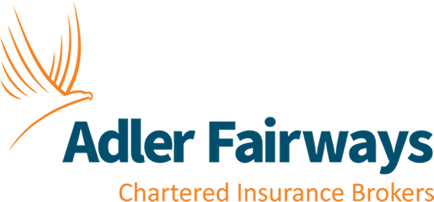In today’s global environment, the risk of a product recall is higher than ever. With complex supply chains, strict regulations, and instant public scrutiny, even a single issue can have serious consequences for your business. A recall can damage your reputation, disrupt your operations, and create unexpected financial strain.
What is a product recall?
Product recalls occur when a product is found to be unsafe, defective, or in breach of safety standards. This could mean it poses a health or safety risk to your customers. Some recalls have been linked to serious injuries, illnesses, or even fatalities. Beyond the human impact, recalls can be reputationally embarrassing, give competitors an advantage, and erode the trust your customers have in your brand.
Financially, recalls can be disruptive. You may need to suspend production while you investigate the issue, which can lead to business interruption and lost profits. You may also be required to offer refunds, replacements, or repairs at no cost to your customers, all of which add to the financial pressure.
Types of recalls and alerts
There are two types of recalls you may face:
- Voluntary recalls, where you proactively withdraw potentially unsafe products from shelves or warehouses to investigate and resolve the issue.
- Compulsory recalls, where a regulatory authority requires you to remove products from the market.
If a potential problem is detected after your products have reached customers, you may issue a product alert, advising them to stop using, return, or safely dispose of the item.
Clarifying a common misconception
Many businesses assume their Product Liability Insurance will cover a recall. In reality, your policy will only cover injury, illness, or damage to a third party, it won’t cover the extensive first-party costs involved in managing a recall, such as logistics, communication, disposal, and brand rehabilitation.
The supplier indemnity gap
You also need to be aware that your suppliers or co-manufacturers may not fully indemnify you in a recall situation. They could dispute responsibility, lack the funds to cover costs, or limit your rights under the contract. You cannot rely solely on a third party to fund a recall.
How can insurance reduce the impact?
Product Recall Insurance acts as cash flow protection, helping you manage the costs while resolving issues with suppliers or co-manufacturers. It allows you to protect your finances, respond quickly, and safeguard your brand’s reputation, ensuring your business can recover and continue to deliver quality products to your customers.
If your company supplies or manufactures goods, consider how a recall could impact your business, talk to us today to explore how you can protect your operations and reputation.

Alex Willis
Branch Director
Adler Fairways


